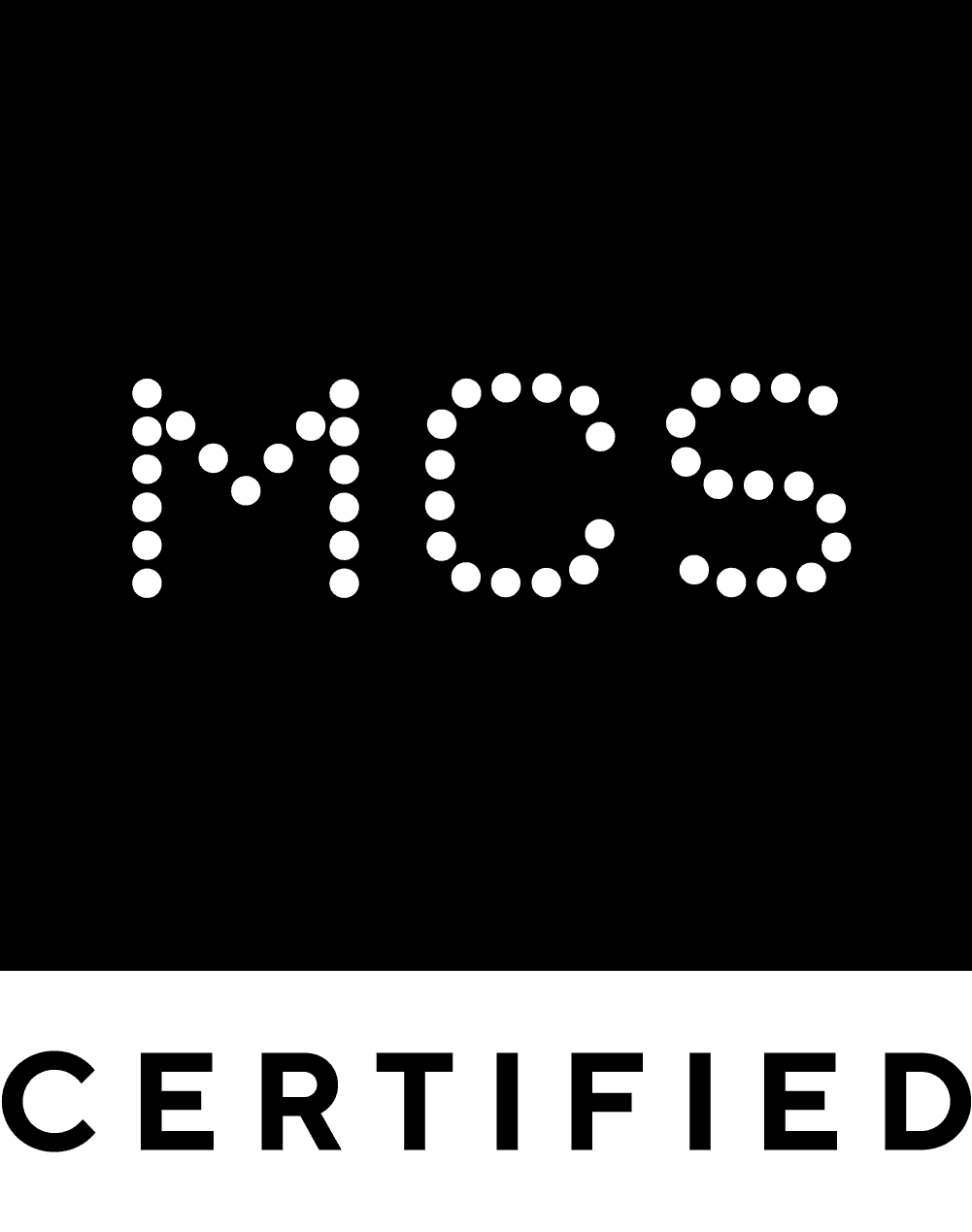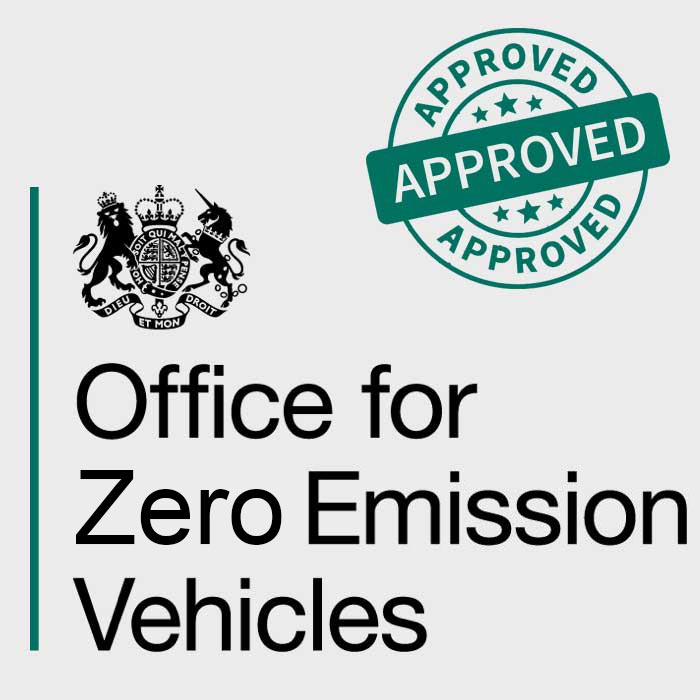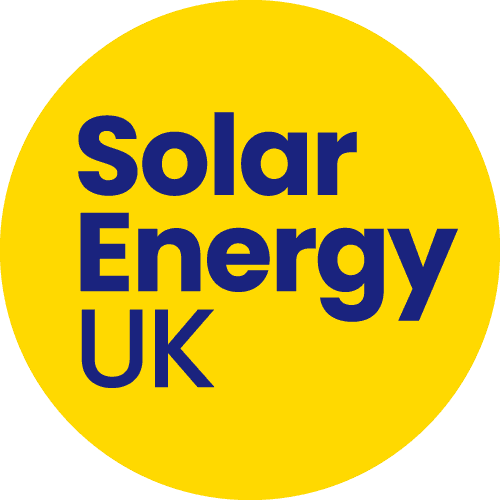Solarpedia
Welcome to Solarpedia, your comprehensive resource for navigating the world of renewable energy.
Developed by Chiltern Solar, Solarpedia explains industry jargon, providing clear definitions and answers to frequently asked questions. Whether you're a homeowner, business owner, or simply curious about solar energy, our extensive glossary and FAQ sections offer valuable insights tailored to the UK market.
Explore topics ranging from the effectiveness of solar panels in the UK to government incentives, battery storage solutions, and more. Use the search function to find specific information and empower yourself with the knowledge to make informed decisions about renewable energy.
Click the search icon to search our resources
Solar panels
Everything you need to know when it comes to Solar panels.
Solar installation
Details and guidance on the installation process and acilliary hardware.


Solar & Battery storage
Battery storage can significantly increase your savings, allowing you to buy energy at the best rates from the grid.


EV Charging
Learn more about charging your EV from your home or office.


Connecting to the Grid
One of the more complex parts of your transition to renewable energy, the good news is, we can handle it all for you!


Inverters
Converting the energy generated by your panels into a type you can use in your home.
Optimisers
Bird blockers
Financial and government incentives
Environment
Join thousands of customers saving money with Chiltern Solar
Not to mention increasing the value of their property and reducing their carbon footprint
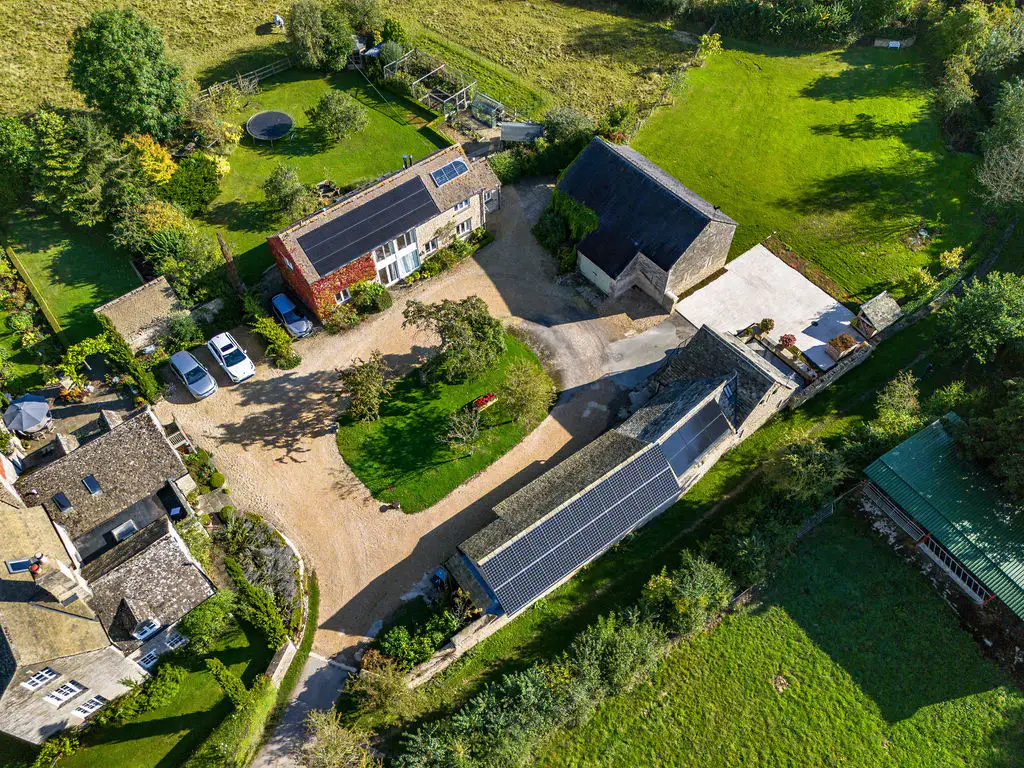
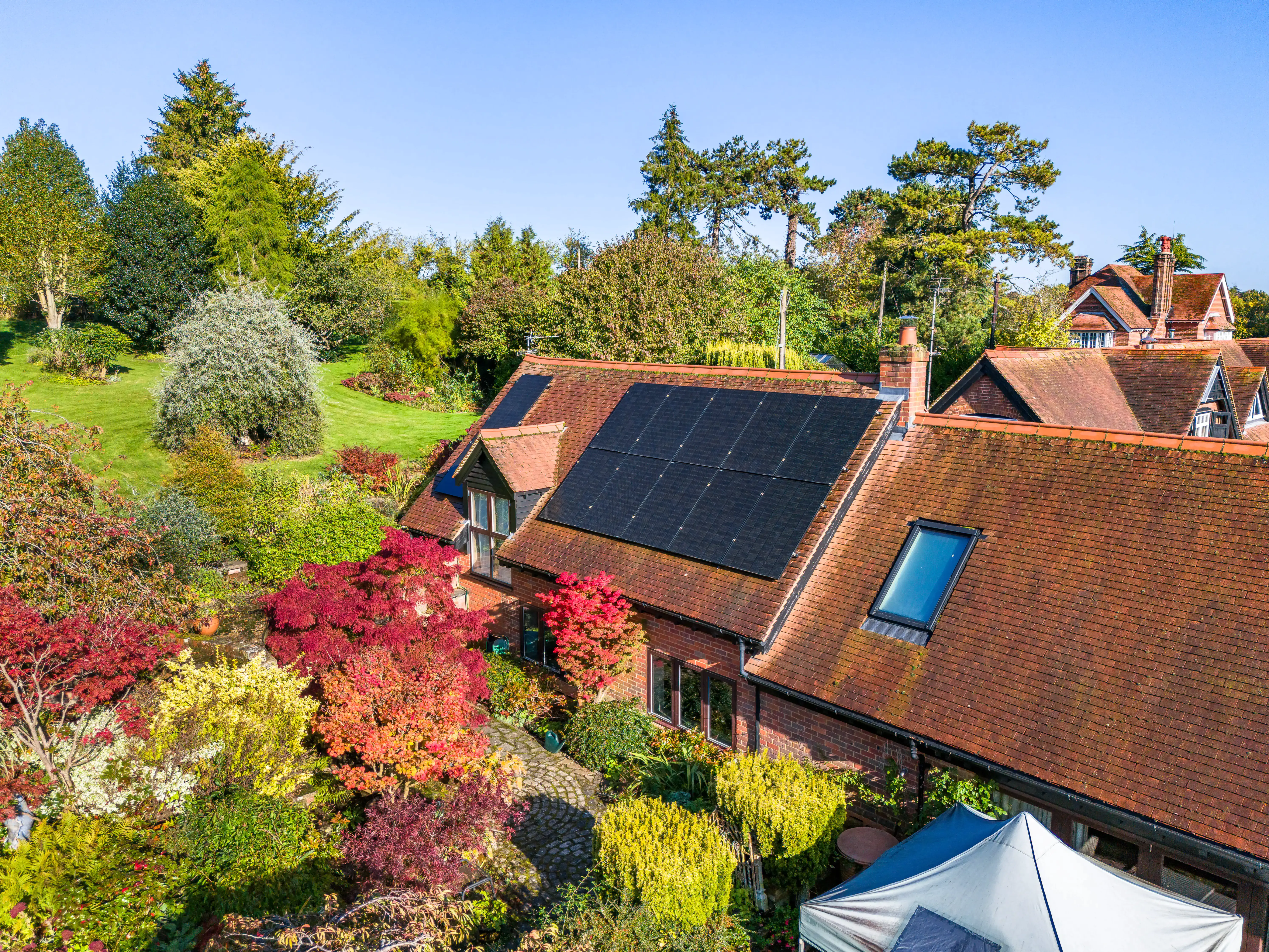
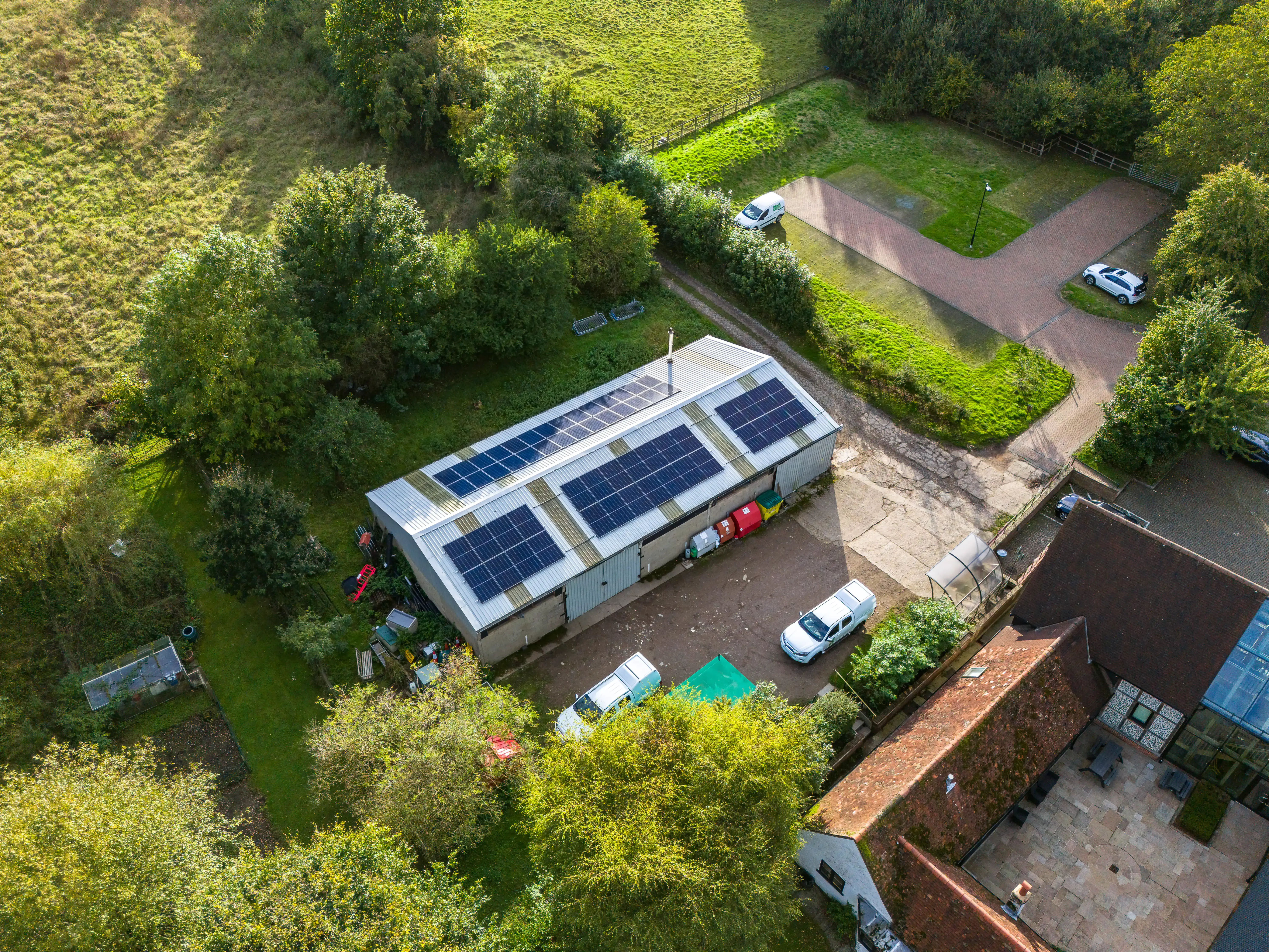
CHILTERN SOLAR LTD
Chiltern Solar is proud to serve customers throughout the Southern UK and the Home Counties.
We install in
Aylesbury
,
Beaconsfield
,
Bedfordshire
,
Berkshire
,
Buckinghamshire
,
Hertfordshire
,
High Wycombe
,
Leighton Buzzard
,
Luton
,
Oxfordshire
,
and many surrounding areas.
Registered in England & Wales (07642657), registered address: Stokenchurch House Oxford Road, Stokenchurch, High Wycombe, England, HP14 3SX
All rights reserved by Chiltern Solar © 2024
Marketing & site by

solaronsteroids.com
Join thousands of customers saving money with Chiltern Solar
Not to mention increasing the value of their property and reducing their carbon footprint



CHILTERN SOLAR LTD
Chiltern Solar is proud to serve customers throughout the Southern UK and the Home Counties.
We install in
Aylesbury
,
Beaconsfield
,
Bedfordshire
,
Berkshire
,
Buckinghamshire
,
Hertfordshire
,
High Wycombe
,
Leighton Buzzard
,
Luton
,
Oxfordshire
,
and many surrounding areas.
Registered in England & Wales (07642657), registered address: Stokenchurch House Oxford Road, Stokenchurch, High Wycombe, England, HP14 3SX
All rights reserved by Chiltern Solar © 2024
Marketing & site by

solaronsteroids.com
Join thousands of customers saving money with Chiltern Solar
Not to mention increasing the value of their property and reducing their carbon footprint

CHILTERN SOLAR LTD
Chiltern Solar is proud to serve customers throughout the Southern UK and the Home Counties.
We install in
Aylesbury
,
Beaconsfield
,
Bedfordshire
,
Berkshire
,
Buckinghamshire
,
Hertfordshire
,
High Wycombe
,
Leighton Buzzard
,
Luton
,
Oxfordshire
,
and many surrounding areas.
Registered in England & Wales (07642657), registered address: Stokenchurch House Oxford Road, Stokenchurch, High Wycombe, England, HP14 3SX
All rights reserved by Chiltern Solar © 2024
Marketing & site by

solaronsteroids.com
Join thousands of customers saving money with Chiltern Solar
Not to mention increasing the value of their property and reducing their carbon footprint



CHILTERN SOLAR LTD
Chiltern Solar is proud to serve customers throughout the Southern UK and the Home Counties.
We install in
Aylesbury
,
Beaconsfield
,
Bedfordshire
,
Berkshire
,
Buckinghamshire
,
Hertfordshire
,
High Wycombe
,
Leighton Buzzard
,
Luton
,
Oxfordshire
,
and many surrounding areas.
Registered in England & Wales (07642657), registered address: Stokenchurch House Oxford Road, Stokenchurch, High Wycombe, England, HP14 3SX
All rights reserved by Chiltern Solar © 2024
Marketing & site by

solaronsteroids.com
Welcome to our new website, we'd love to hear what you think.
Welcome to our new website, we'd love to hear what you think.

